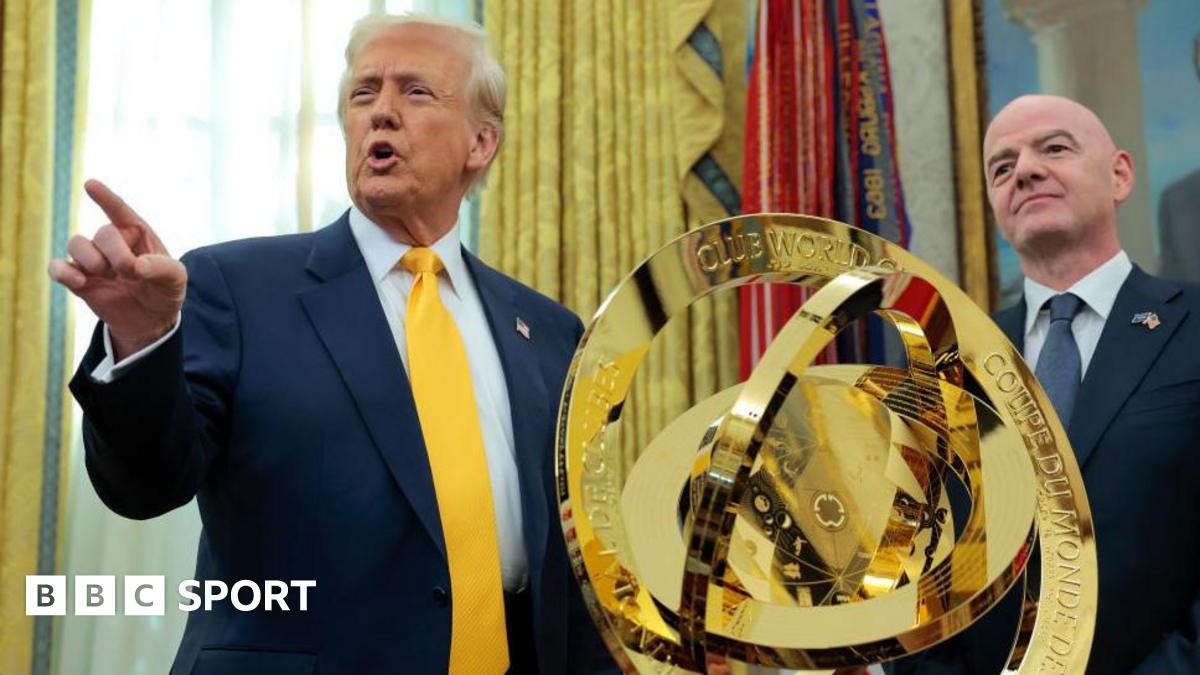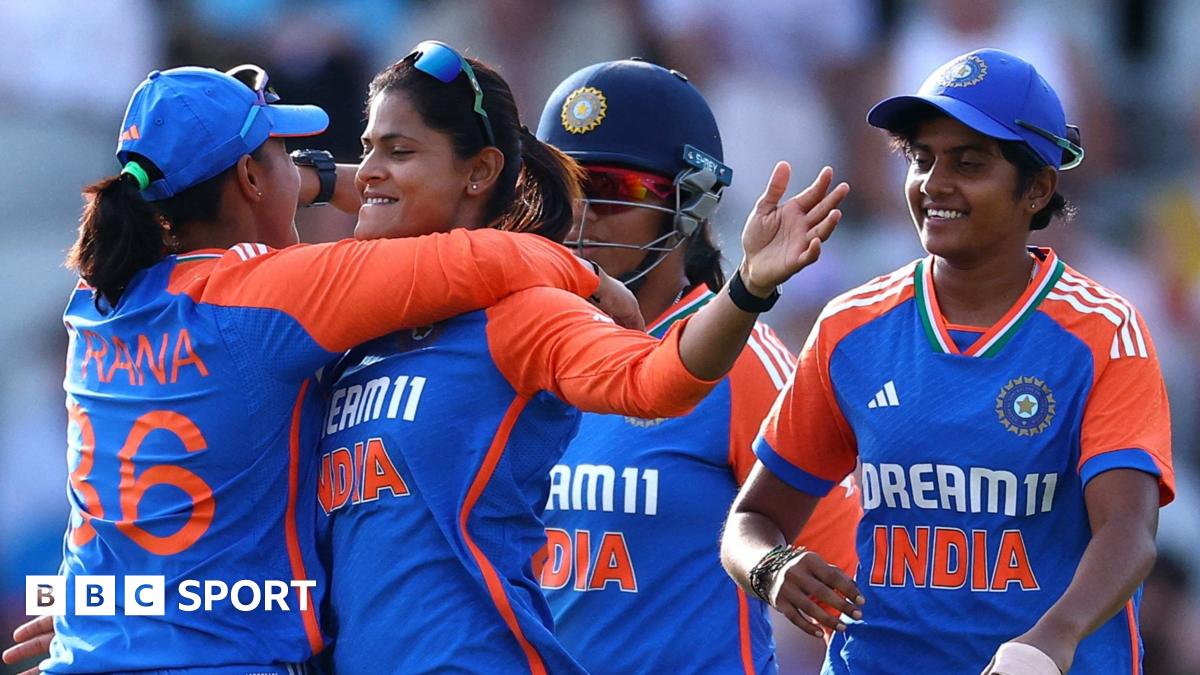The smoke-belching locomotive screeched to a halt for its final stop along the Catskill Mountain Railroad. The Kingston Guards Base Ball club alighted from their open-topped train car and stepped over the first-base line and on to their base ball diamond.
The players were clad in their woolen uniforms. Baggy, crimson and grey jerseys with three-quarter sleeves. Puffy knickerbockers. The Guards ambled to their dugout to prepare for the day’s hostilities with their upriver antagonists, the Brickmakers of Saugerties. They sported bushy beards and ample facial hair, arranged in swooping and swirling mustaches and endless sideburns. Their bulky wooden bats of sundry shapes leaned against the fence. Two fresh balls were unboxed – one for the game and one in case the first got lost – their seams forming a big X. Someone sipped a drink from a large, brown growler.
A fiddler played the national anthem as the teams lined up along the basepaths. They faced an American flag with 35 stars for all the states in the union arranged in a double circle.
The year was 2025.
The Guards and the Brickmakers are part of a growing scene surrounding vintage base ball (the difference in spelling is deliberate). This retro-version of baseball is a national game and about a quarter century old, but mushrooming in New York’s Hudson Valley, where five teams have sprung up in recent years with more in the works. They play by the rules that governed the sport in 1864, in the thick of the US Civil War.
Why 1864? Because that was the final year in which balls caught on one hop counted as outs. Before players wore gloves. Or helmets or protective gear of any kind. When the pitching was underhand. When a walk moved up every base runner. Before strikeouts and walks were common and almost every batter put the ball in play. Back when the ball was softer – and only softened further as the game wore on, incentivizing teams to score their runs early.
Dialing back the sport to an embryonic stage in its evolution, a time before ball players walked upright, as it were, is what attracts the participants to vintage base ball. “Things changed and they progressed, and the game continues to change to this day,” says Will Quigley, who works in insurance and captains Brickmakers, which he founded in 2023. “In the early stages, a lot of it didn’t make sense because they were still figuring the game out.”
Quigley, 43, like most of his teammates and opponents, is a baseball nut and a history buff and has found the overlapping area in that Venn diagram. In a sense, it’s probably unsurprising that baseball should produce this alternate version of itself, winding back the clock, because no sport trades as heavily on nostalgia or its own history.
Anthony Alteio has participated in Civil War reenactments and plays left-field for the Guards. “History is my thing,” says the 59-year-old auto-adjuster. “I’m a student of history and a fan of baseball. This is just a lot of fun because it combines two things.”
Others enjoy the lighter side of the game. “This is the intersection of athletics and humor and history and it’s just, honestly, the funniest thing,” says the Brickmakers’ Maria Cardow, a lifelong ballplayer and a cybersecurity executive in New York City by day. “Because there’s no gloves, every single play is a chance for so much disaster to occur. And it just keeps it exciting. It’s also the intersection of people with highly questionable facial hair.”
After speaking to the Guardian, Cardow bashed the battered ball into the infield grass and ran it out for a base hit, just as the old diesel vintage train screeched back into the wooden platform next to the field.
Daniel Torres, who is 35 and works in politics, co-founded the Guards with the Ulster County clerk, Taylor Bruck, after happening upon a game during the pandemic. “I got bored of photographing birds, as a lot of us did during the pandemic,” he says. By 2022, the Guards, named for a Civil War regiment from Kingston that fought in the Battle of Gettysburg, were up and running.This weekend, the Guards will participate in a vintage base ball tournament in Gettysburg.
That’s part of the sport’s appeal as well. It’s historical roleplaying without the script. “You can go to a reenactment and it’s the same wherever you go,” says Torres. “Maybe a line or two will be different, but it’s the same story. You go to Gettysburg, you know what the outcome is going to be, right? What’s nice about vintage base ball is that it is a live performance. It will never be the same. Every show is different, and you can learn while you watch something that is entertaining and you can recognize as well. It’s a cool way to connect the present and the past and there’s no other American sport where you can do that.”
The Brickmakers’ uniforms were produced by a Civil War reenactment supplier. Quigley’s wife makes the team’s pillbox hats. He makes his own bats with a lathe. Some teams sew their own leather balls. The Guards get their uniforms and gear from one of a small group of specialized vintage base ball equipment suppliers. Everybody wears modern cleats, for safety, but is required to paint them black.
The Guards and Brickmakers played an engrossing game on a warm afternoon in late June. There were no bruised fingers or bones this time around, as there often are, owing to the absence of gloves. But the Guards’ catcher, otherwise totally exposed, wore a mouth guard in an allowance to modern dental aesthetics.
Torres occasionally walked out to the crowd of a few dozen sitting in folding chairs along the third-base line to explain the rules. They could also read up on them in the gameday program the Guards produced, replete with faux old-timey advertising.
The play was messy but packed with action, contested by men and women – 19th century base ball was coed, after all – and players as young as 15 and pushing well into retirement age. Skill ran the gamut as well. “We’ve got some people who were very competitive high school or collegiate players,” says Torres, “and we’ve got people who are historians, and we’ve got some people who think it’s fun to wear a costume.”
The trick to vintage base ball, as it turns out, is to avoid hitting balls in the air because the one-hop out makes them deadly. As the game progresses, the ball deteriorates and its flightpath shortens with every passing inning. The Guards kidded each other about $0.05 fines for hitting the ball into the air.
The home team tied up a close game in the bottom of the ninth inning and again in the 10th, before the Guards won it with a walk-off double in the 11th. The captains each gave an appreciative speech to both teams, stood along the base lines. Then the Guards and Brickmakers traded off a throaty “hip hip hurrah” for the other team, twirling their caps theatrically.
-
Aidan Lavin contributed reporting.

 4 months ago
56
4 months ago
56








 English (US) ·
English (US) ·